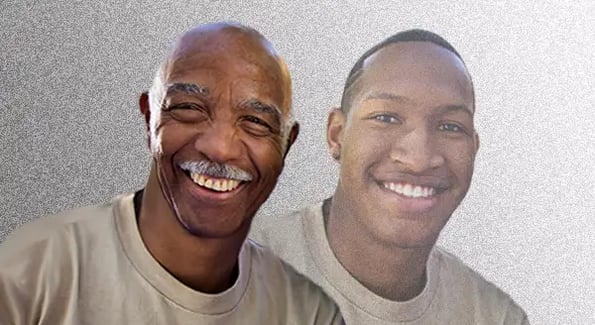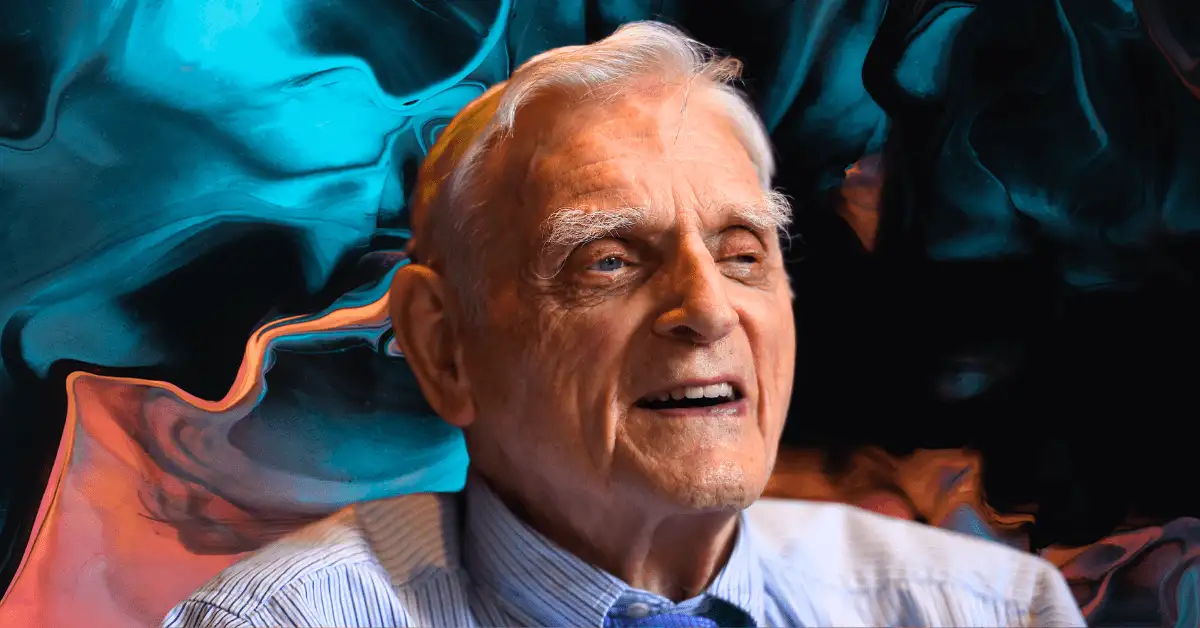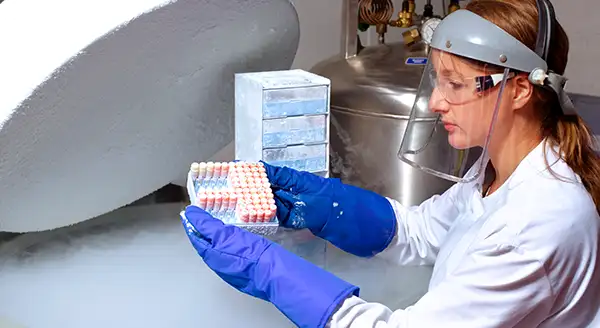Everlasting youth used to require a magic fountain or a friendly vampire.

But 45-year-old tech entrepreneur Bryan Johnson employs a different method called Project Blueprint, per Bloomberg, that, while not seeking immortality, strives to reverse aging.
Johnson’s quest…
… came after the stress and long hours of founding payment processor Braintree Payment Solutions LLC left him out of shape and depressed.
He sold the company for $800m in 2013 and today serves as a de-aging guinea pig with a team of 30+ experts.
His routine includes:
- Over 20 supplements and medicines
- Daily exercise and a strict sleep schedule
- A 1,977-calorie vegan diet
He also undergoes numerous medical procedures, plus tests to measure his progress. He meticulously documents it all here.
Does it work?
Regenerative medicine physician and team lead Oliver Zolman told Bloomberg that results aren’t “remarkable,” but their “small, reasonable results” may prove it’s genetically possible to reduce the medical age of our organs.
- Johnson does claim the lung capacity, skin, and gums of someone decades younger.
Blueprint will cost Johnson $2m+ in 2023, but the expectation is that science-based de-aging procedures will be more affordable in the future.
It seems weird…
… but so does everything in the longevity sector, which raised $40B+ in investments in 2021 and could become a $600B market by 2025, per TechCrunch.
Examples include:
- Altos Labs, a biotech company that launched with $3B in funding to explore resetting the epigenome (which tells DNA to turn genes on or off).
- Unity Biotechnology, which is developing a drug to clear senescent cells (cells that stop dividing, but don’t die).
- Loyal, a startup that wants to extend your dog’s life.
Even Google parent Alphabet has a longevity startup, called Calico, but no one seems to know what it does. (Is it vampires?!)










